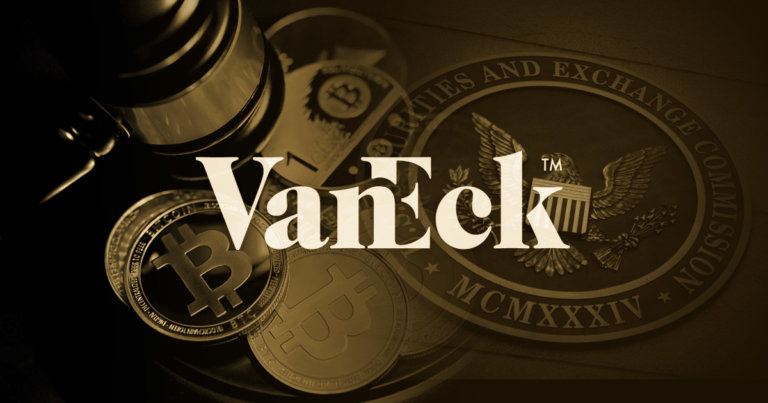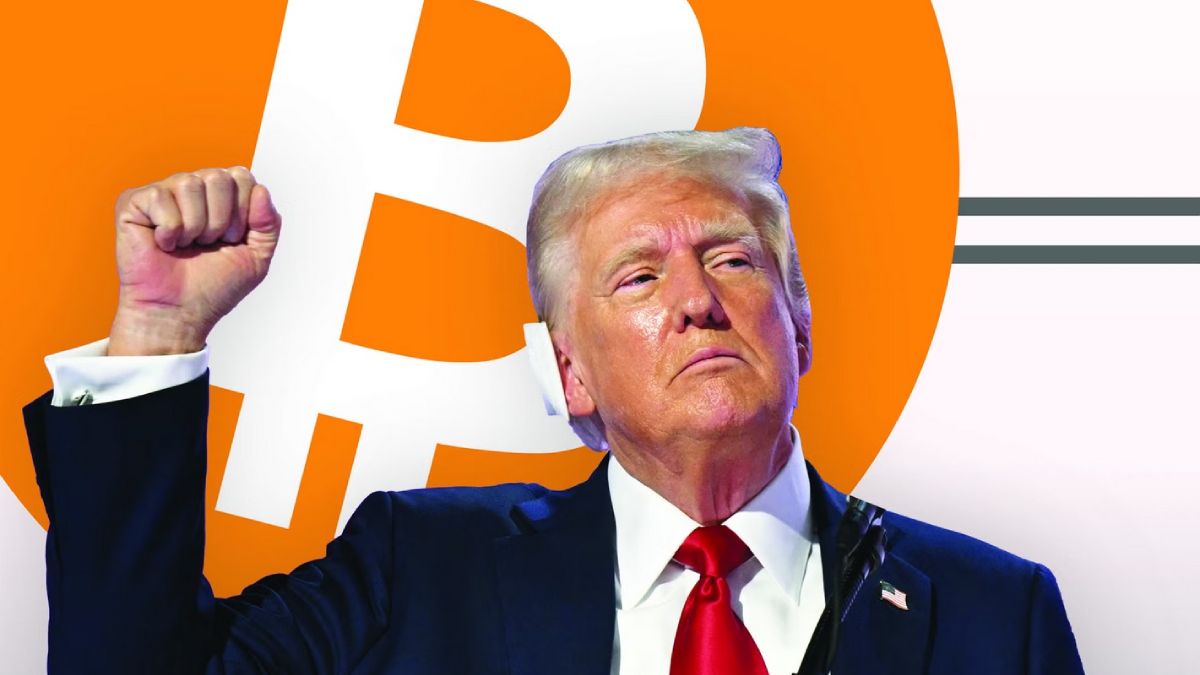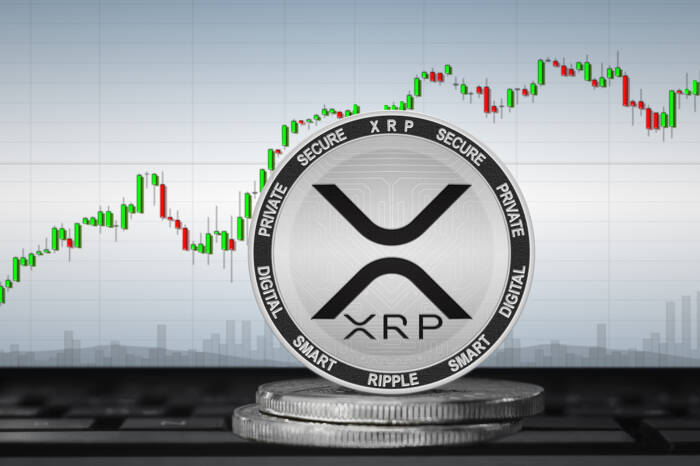Despite increasing inflows into cryptocurrency-related products, VanEck’s HODL is still the only zero-fee Bitcoin ETF.
According to a statement released on November 25, VanEck has extended the fee waiver for its HODL spot Bitcoin exchange-traded fund (ETF) until January 10, 2026, or until the first $2.5 billion in assets.
Investors will only be charged fees for HODL under the terms once either the $2.5 billion threshold is met or January 10, 2026, whichever comes first. Based on the $1.5 billion asset cap, this represents a substantial extension from the prior fee waiver date of March 31, 2025. Farside’s data indicates that HODL’s net asset worth has increased by 124% since its founding, reaching almost $1.33 billion.
Investors will be charged a 0.20% sponsor fee after achieving the $2.5 billion or January 2026 threshold. The only zero-fee spot Bitcoin ETF currently offered in the US is HODL.
VanEck’s Director of Digital Assets Product, Kyle USruz, stated:
“January 10 marks the anniversary of the SEC’s approval of the first US-listed spot bitcoin exchange-traded products—a watershed moment that we at VanEck had been working towards for close to a decade. It seems fitting to honor that milestone and extend the fee waiver on HODL with that date in mind.”
Keep track of inflows.
Even though Bitcoin ETFs were introduced more than 11 months ago, there is still a lot of investor interest in them, which is why VanEck made this move.
Spot Bitcoin ETFs had record weekly inflows of $3.13 billion, according to CoinShares data, bringing the total inflows since mid-September to $15.2 billion. Bitcoin inflows have been the main driver of the $37 billion inflows into crypto-related ETPs this year.
With a $33.15 billion year-to-date flow, BlackRock’s iShares Bitcoin Trust (IBIT) leads the market, followed by Fidelity’s Wise Origin Bitcoin Fund (FBTC), with flows of $11.5 billion, according to CoinShares.
In contrast, almost $20 billion in net outflows occurred from Grayscale’s Bitcoin Trust (GBTC) over the same time frame.
However, the combined performance of these ETFs is significantly superior to that of US Gold ETUS, which only made $309 million in its first year of operation.



